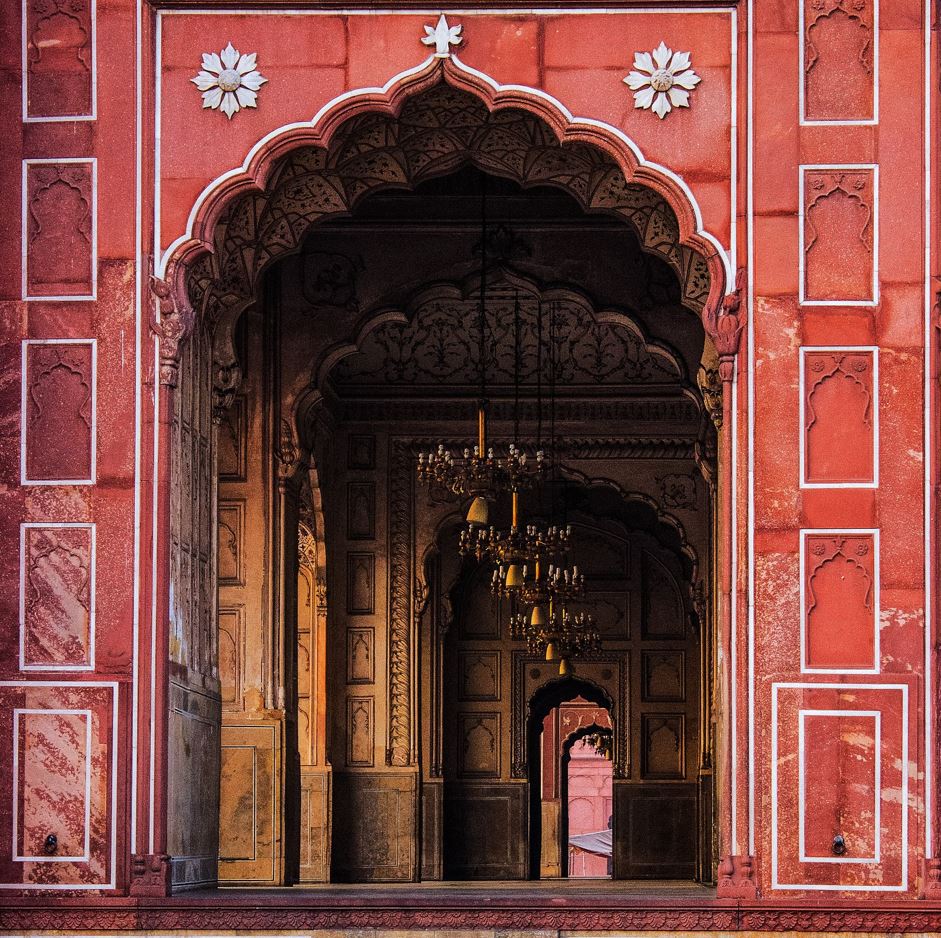Turkey and Pakistan; Venues of Cooperation and Bones of Contention – Esra Pakin-Albayrakoğlu

Turkey
and Pakistan are brotherly states with time-honoured bilateral relations.
Today, both are particularly afflicted by refugee and energy issues, which can
be alleviated through enhanced dialogue and exchange of expertise. Although
some political divides around the Muslim Brotherhood and Israel cloud what
might otherwise be a mutually satisfying collaboration, there are more
advantages than disadvantages to incentivising the deepening of existing ties.
Refugees
and Energy: The Case of Turkey
Currently,
Turkey
hosts more than 3,5 million Syrian refugees
and thousands of asylum seekers and beneficiaries of protection of other
nationalities, mainly from Afghanistan, Iran, and Iraq. Host
community hostility is rising exponentially,
particularly in Turkey’s metropolitan areas. Integration challenges cause
further instability in a country already suffering from socio-economic problems
multiplied by COVID-19. Grievances are being exploited by opposition parties against
the backdrop of next year’s elections, thus fueling political tensions as well.
In
Turkey, much progress has been made in collaboration with the EU and the World
Bank to tackle various issues related to the refugee crisis. Turkey can be a
role model if it adeptly manages to build the resilience of impacted communities
and reconcile refugees and the local population. However, rather than applaud,
Ankara receives criticism for using refugees as a bargaining tool against the
EU. Likewise, the Turkish Cooperation and Coordination Agency (TİKA), which
allocates huge sums of humanitarian aid to Syrian refugees as part of Official
Development Assistance, ranks “very poorly” in the Aid
Transparency Index 2020 just above the
lowest-ranking institution, namely, China’s Ministry of Finance.
According
to the National
Energy Policy of 2017 and the energy agenda of
Vision 2023, Turkey aims to be a hub in regional energy trade and has
undertaken various natural gas and oil pipeline projects. Its contribution to
Europe’s energy security has reached new heights in 2020 with the realisation
of the Southern Gas Corridor upon completion of the Trans Adriatic Pipeline
(TAP). Another priority is to make the most of domestic and renewable energy
resources. Turkey ranks 5th in Europe and 12th in the
world regarding installed capacity in renewable energy. In this vein, Turkey
also engages with nuclear power for more independent and environmentally
friendly energy production.
However,
Turkey has the fastest-growing energy demand among the OECD members in the past
two decades and ranks second to China in the increase in electricity and
natural gas demand around the globe. It still has a 74% import dependency to
meet its energy requirements, while the share of renewables in Turkey’s
installed power amounted to only 52% at the beginning of 2021. Additionally, constructing
and maintaining nuclear plants might create a new form of dependency on Russia,
Japan, and France, while public concerns about nuclear safety demand urgent
attention.
Common
Denominators and Minor Obstacles in Bilateral Relations
Turkey
and Pakistan may share experiences and intelligence to stem the tide of refugees
coming from Afghanistan. As of January
2022, approximately 3 million Afghans were living; around 1.4 million were registered
refugees. Likewise, Ankara and Islamabad can collaborate on various projects to
stabilise Afghanistan. This would halt not only the flow of refugees but also
fuel the productivity of Pakistan’s “Vision
Central Asia”, which requires
traversing Afghan soil.
Pakistan
has recently launched for the first time its National
Security Policy, which hinges on
economic security through regional connectivity and shared prosperity. It also states
its intention to enhance space capabilities and information and cyber security.
Turkey has also embarked on various initiatives to realise the same goals.
Accordingly, there is ample room for joint projects in its “Asia Anew
Initiative” framework launched in August 2019 to prioritise economic and trade
cooperation with Asian partners.
Similarly,
Turkey may be of good help to Pakistan, owing to its strategic partnerships
with Central Asian states. Islamabad seeks to tap into the energy resources of its
neighbours while offering them the shortest route to global sea trade. To
incorporate Central Asia in the Chinese-Pakistan Economic Corridor of the Belt
and Road Initiative (BRI), Pakistan may thus boost regional prosperity and
stability like Turkey’s Middle
Corridor interlinked to the BRI. Turkey can
be of help to Pakistan in terms of green energy as well since the majority of BRI
projects involving Pakistan feature coal-based activities.
Against the backdrop of widening Western sanctions on Russia, Islamabad’s hopes
of energy cooperation with Moscow in the framework of a multi-billion-dollar southern
gas pipeline project also seem dashed. As Pakistan
also aims to increase the share of renewable energy in total power generation
to 30% by 2030,
Turkey’s assistance to this country, particularly in exploiting its much
neglected geothermal and hydrocarbon energy resources for heating and cooling
purposes, can enhance bilateral relations.
Another
common denominator between Turkey and Pakistan is separatism and terrorism,
which may complicate refugee and energy issues even further. For its part,
Turkey has been fighting against the PKK insurgency for decades and ISIS very
recently. At the same time, Pakistan is long threatened by Baloch
separatism, Tehreek-e Taliban Pakistan, and ISIS-Khorasan.
Ankara and Islamabad can support each other on international platforms to raise
awareness and generate understanding for their counterinsurgency and
counter-terrorism efforts while exchanging experiences to handle these threats
more effectively.
Turkey
and Pakistan are also very sensitive towards the right-wing Hindutva policy in
India and the Palestinian cause, especially after the Abraham Accords of 2020.
However, there are divergences of opinion regarding Turkey’s support of the
Muslim Brotherhood (MB) and its recent efforts to normalise relations with
Israel. The first issue brings together Pakistan
and Egypt, which recently have declared their intent
to join forces against the MB and enhance military cooperation. Pakistan’s
diversification of military procurement may not bode well for Turkey’s defence
exports to this country, particularly at a time when Ankara finds it hard to
mend fences with Cairo. Likewise, Islamabad
does not recognise Israel and is
particularly irritated by the Indo-Israeli strategic partnership encircling
Pakistan in the northern Indian Ocean and the Arabian Gulf.
Against
all odds, Turkey and Pakistan have ample capacity and intention for manoeuvring
together. Neither side would allow their respective political sensitivities to
harm potentially satisfying projects desperately needed during seismic shifts
in political, economic and health terms. Focusing on transboundary challenges,
resource scarcities, and related insecurities would bring together Ankara and
Islamabad to reconcile their differences.

Assoc. Prof. Esra Pakin-Albayrakoğlu, Bahçeşehir University
Esra Pakin-Albayrakoğlu holds a BA in American Studies and an MA and PhD in International Relations from Bilkent University, Turkey. She is affiliated with the Department of Political Science and International Relations at Bahçeşehir University. She also serves as Adjunct Lecturer at the National Defense University and guest lecturer at the NATO School. Her areas of expertise are security studies and conflict resolution, concentrating on Turkey and the greater Middle East.
To cite this work : Esra Albayrakoğlu “ Turkey and Pakistan; Venues of Cooperation and Bones of Contention ”, Panorama, Online , 04 July 2022, https://www.uikpanorama.com/blog/2022/07/04/tr-pak/
Copyright@UIKPanorama. All on-line and print rights reserved. Opinions expressed in works published by the Panorama belongs to the authors alone unless otherwise stated, and do not imply endorsement by the IRCT, Global Academy, or the Editors/Editorial Board of Panorama.